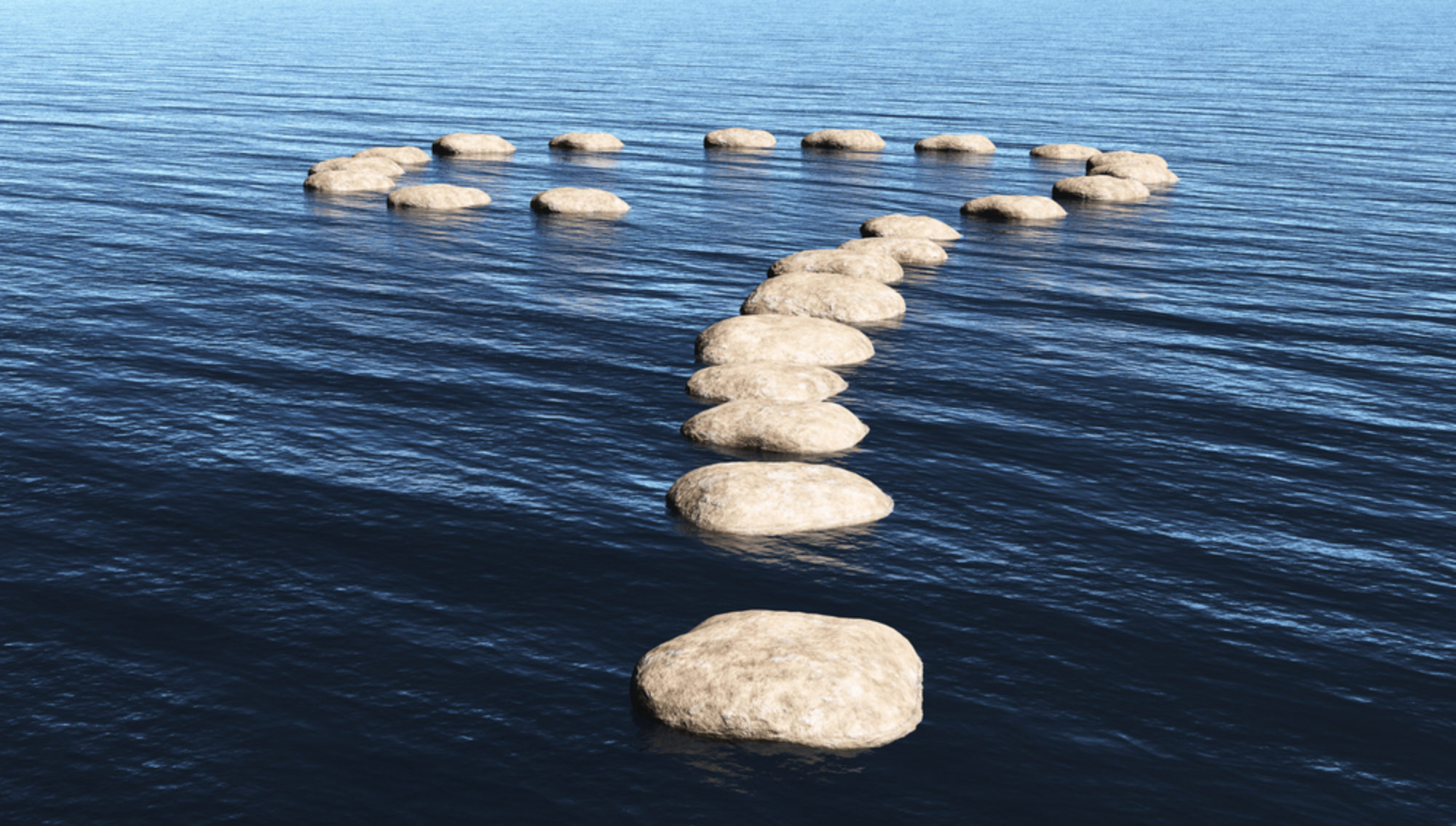Some years ago Kristine Samson und Sanne Krogh Grogh proposed the Audio Paper bringing together audio, performance and text in a new and hybrid format. This concept was extended into a new form of audio walk, during the Walking Arts Encounters / Conference in Prespa. It allows to listen to a text while walking and interacting with the environment, wherever you are, as a walker and listener.
Rooted in an affective and elaborating the understanding of language this new form challenges writers, thinkers and artists to write texts for on the move, as a new combined discipline of walking art and writing. Eight of these audio works, inspired by the prompt “Walking as a Question” made for the Prespa Encounters are selected tonight and again available during Sound Walk September 2021 and at the International Analogio Festival in Athens.
In the run up to this event, a number of writers of these audio papers are invited, along with creators of sound walks for Walking as a Question, will share their thoughts and experiences about their works and this innovative practice of walking, writing and listening. Moderated by Geert Vermeire and Yannis Ziogas. Speakers: Maria Sideri (Greece), Pavel Niakhayeu (Belarus), Maria Ristani (Greece), The Carder’s assembly (Italy) and Simon Piasecki (UK)
|
Chat transcript Only available to registered users. |
||
|
Café recording Only available to registered users. |
Related
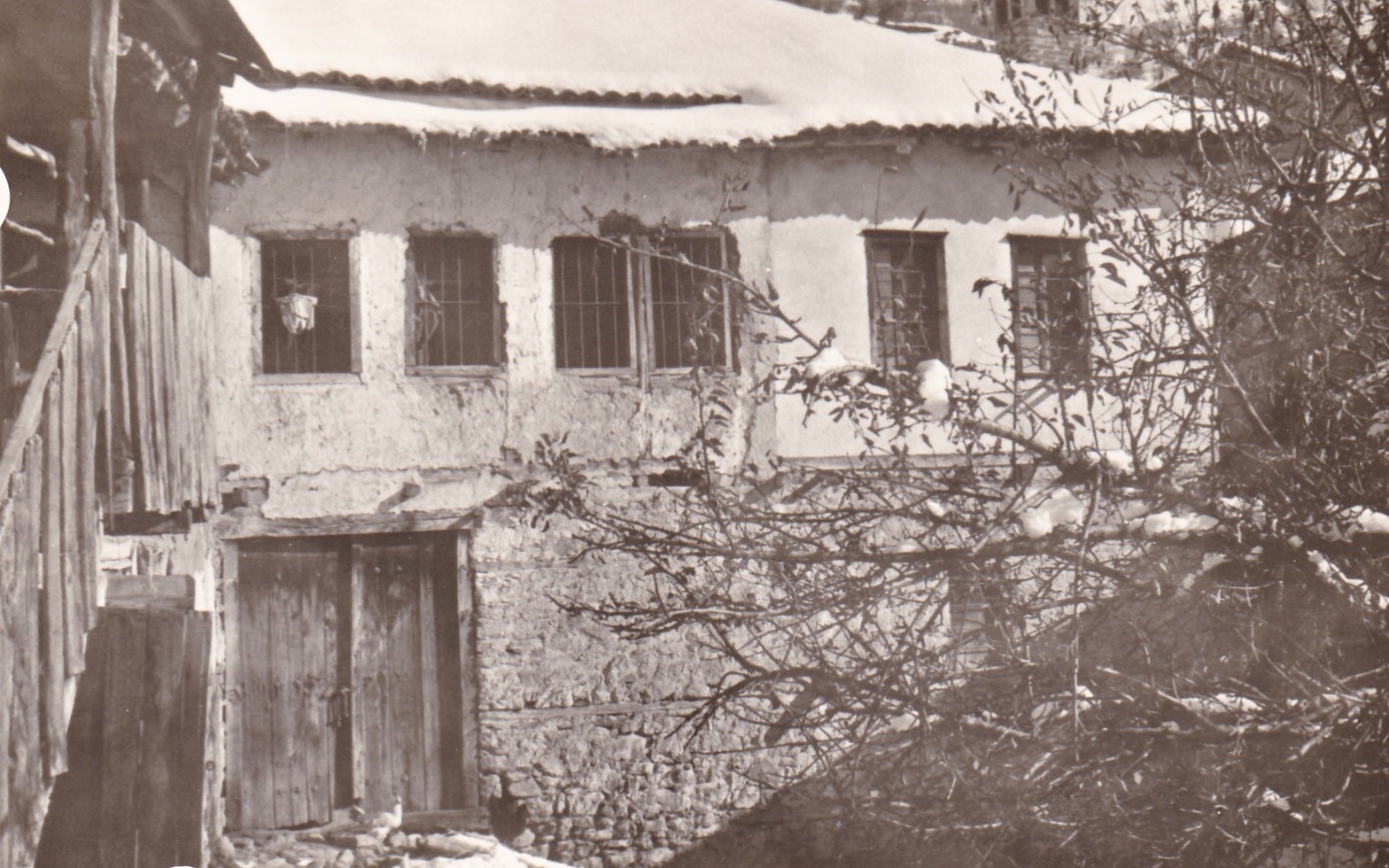
Performing memory in familiar places
Everytime I visit Prespes and just before reaching the lakes, I stop at my grand-parents’ villages at Pisoderi and Antartiko. Since my childhood I have visited Prespes several times with my parents and my grandparents for various reasons that included elections, visiting family and day-trips from Florina. Visiting the area of Prespes always brings up
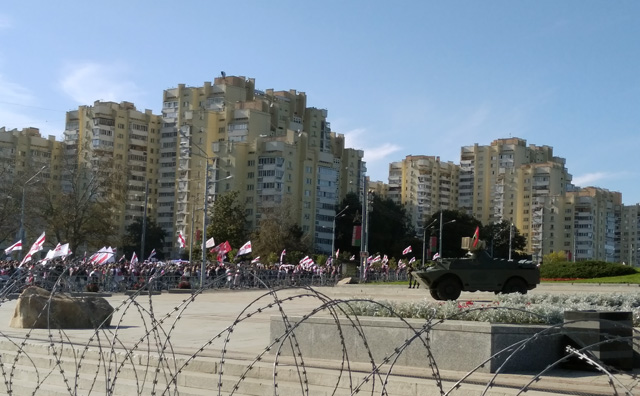
Political Soundwalks: listening to the political protests in Minsk, Belarus
When the protests against the rigged presidential elections started in August 2020, ‘soundwalk’ felt an appropriate concept to use while making field recordings at the streets. That’s how ‘Political Soundwalks’ was created – an archive of field recordings I made at demonstrations, rallies, DIY concerts, poetry readings, theater performances, guided historical tours and other forms
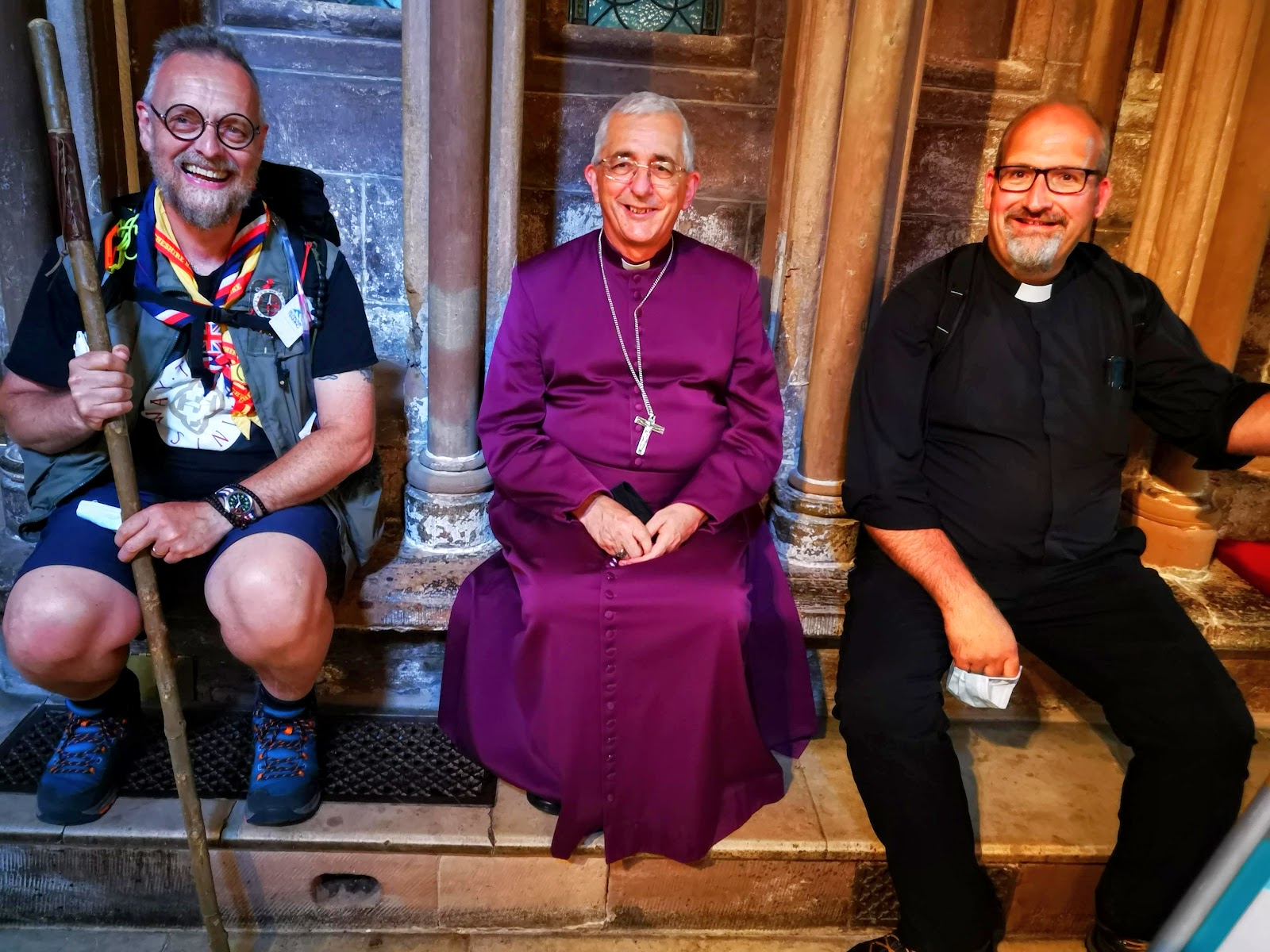
A Secular Pilgrim: Discussing the Efficacy of Pain and Suffering in Endurance Walking.
This Audio Paper was mainly recorded on the North Pilgrim’s Way in North Wales, and The Two Saints Way between Cheshire and Lichfield in England. I walked initially with with Father Robert Icke, a friend and Anglican Priest and my other friend, Dr Kris Darby, who has also been interested in the performative act of
Walking and listening; the case of audio performance walks
This proposed paper focuses on audio performance walks – a rather recent strand in site-specific theatre which mobilizes spectators off their complacent theatre seats, and casts them, instead, as active walkers-listeners of co-created theatrical space. Guided by way of spoken narrative, headphone/earphone audiences walk along a predetermined route (in)directly linked with the audio material they
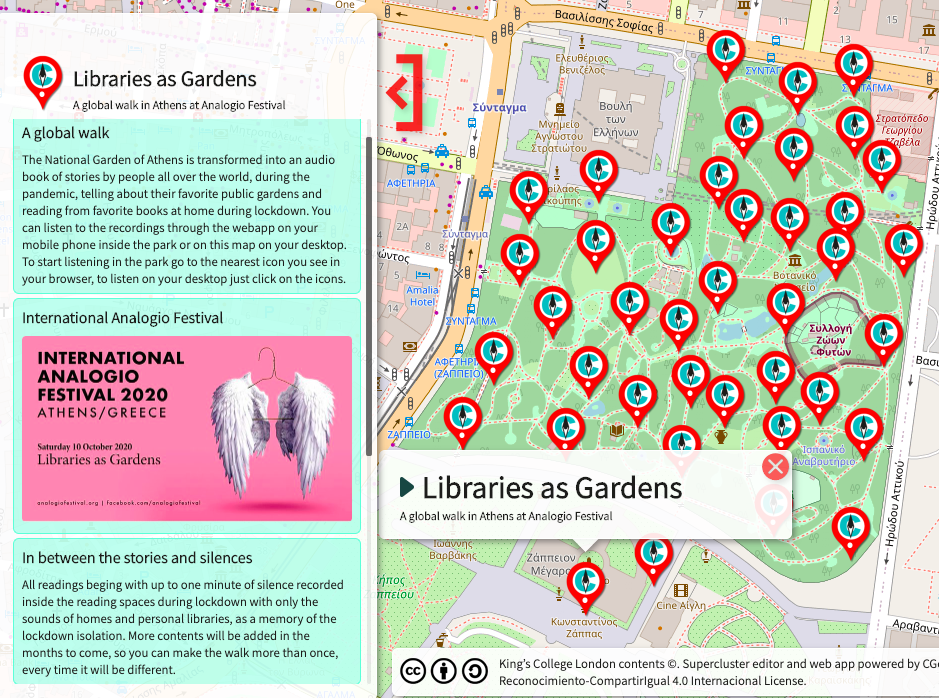
Libraries as Gardens – sound walk in Athens
The National Garden of Athens is transformed into an audio book of stories by people all over the world, during the pandemic, telling about their favorite public gardens and reading from their favorite books at home during lockdown. You can listen to the recordings while walking inside the National Garden of Athens through a webapp
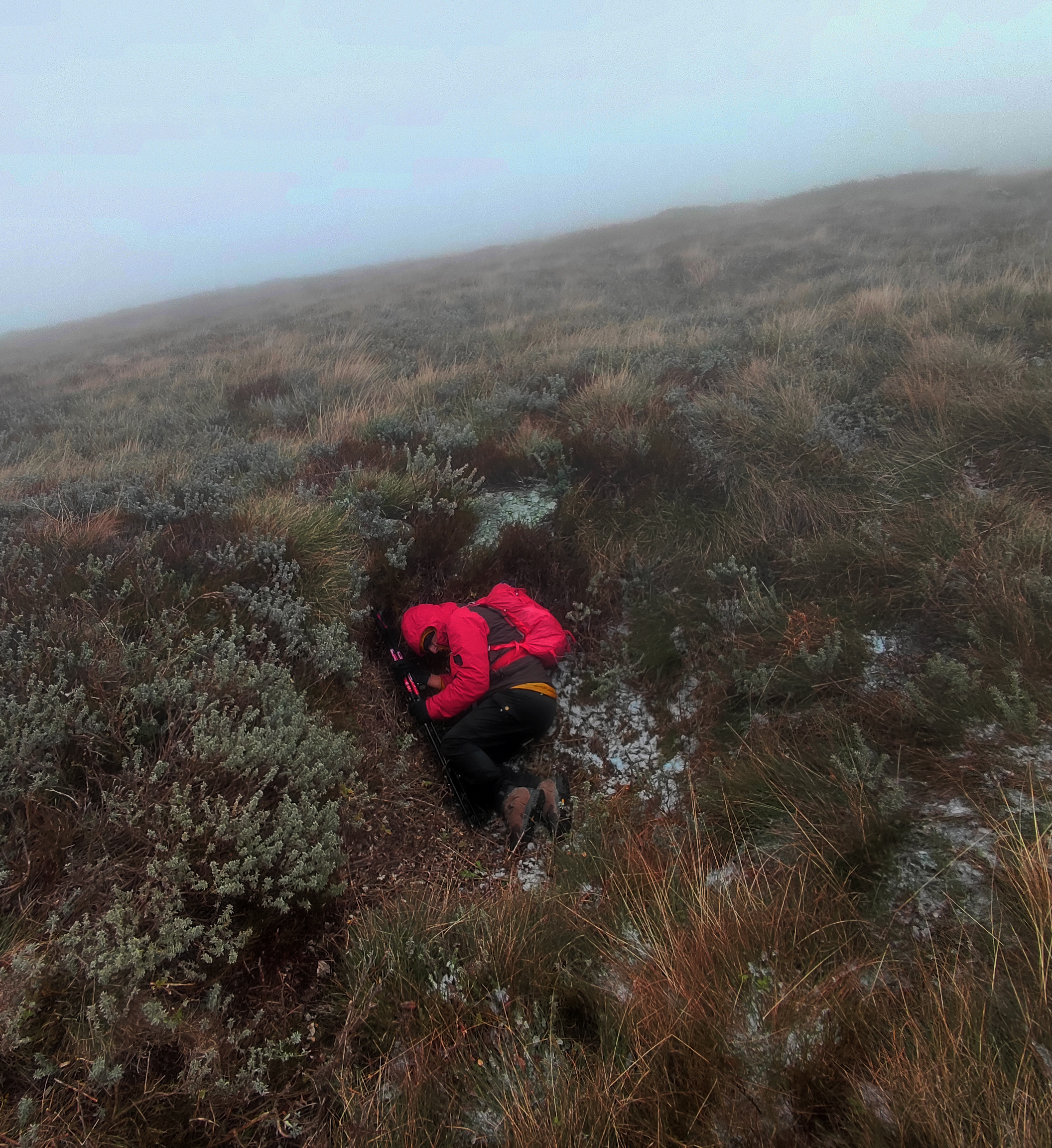
Ascending into Trenches
Yannis Ziogas I wander in places visible and invisible. I find objects, I trace experiences, I foresee conditions of creativity. Where do I locate myself? I have been in places […]I have wondered in conditions and situations[…] And now I am here. Where is that here? Who do I find in this here?
Jours Coquille / Shell Days / Giorni Conchiglia / Dias Concha
The autobiographical memories of the choreographers are put on dance. The abortion story and the loss of a borning child are the materials we start from to performe our life experience in dance. The performance connect the stories and the bodies as exploring the ways of representing abortion and loss. Maybe by putting attention on care and collective aspect of this experience?


